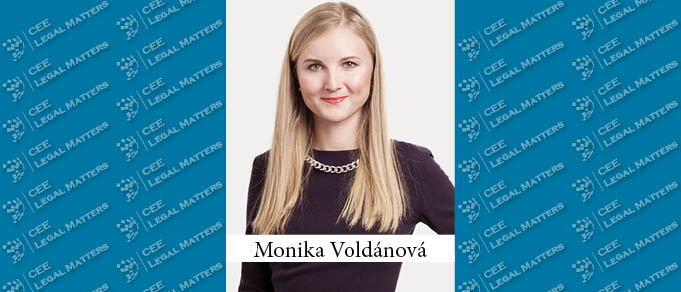A cola drink bought in the Czech Republic should be the same as one bought in Germany, right? Well from May 2021, this is required by an amendment to the Food Act which has codified a ban on dual quality food into the Czech legal system.
A brief excursion through the history of the amendment
Discussions concerning the dual quality of food began at European level in 2011, when the Slovak Consumer Association carried out laboratory tests on selected types of food purchased in various EU Member States. The results were rather unfavourable in terms of food quality in the new Member States from Central and Eastern Europe. Subsequently, these countries began to make accusations before the European institutions that their citizens were "second-class consumers", that the east had become the "dustbin of Europe" and so on. In 2019, the European Union responded by amending the Unfair Commercial Practices Directive with a compromise solution to the issue of the ban on dual quality food, which contained rather vaguely worded exceptions. The subsequent Czech amendment to the Food Act is in many ways stricter than the EU Directive and introduces a so-called hard ban on dual quality food.
Wording of the ban
The amendment prohibits the placing of food on the Czech market that is apparently identical to food placed on other EU markets, although the food placed on the Czech market has a substantially different composition or properties. The exceptions are cases where there are legitimate and objective reasons for this and where the food is also accompanied by easily accessible and sufficient information on this different composition or properties. Simply put, it is prohibited to place food on the Czech market that has the same packaging as food from other EU Member States but different composition or properties.
How compliance with the ban will be monitored
Inspections will be carried out by the State Agricultural and Food Inspection Authority. It will take the following steps:
-
Does it concern a foodstuff of an identical brand and name and of an identical or seemingly identical appearance?
The information and dominant features of the packaging in the main field of vision will be evaluated from the perspective of the average consumer's perception.
-
Are there significant differences in composition or properties?
Significant differences are differences in the ingredients in the food (e.g. cream vs. vegetable fat, sunflower vs. palm oil, sugar vs. sweetener, natural flavouring vs. synthetic flavouring), differences in the proportion of one of the primary ingredients (e.g. proportion of meat/fish in the products, cocoa content in a chocolate product, nut content in chocolate) or differences in the properties (e.g. different weight, obvious differences in sensory properties).
-
Can objective factors be taken into account to explain the differences found?
In some cases, there may be legitimate and objective reasons for differences in the composition of food between Member States. For example, differences due to reformulation, or voluntary strategies aimed at improving access to healthy and nutritious foods (e.g. reduced salt content in baked goods, potato chips, reduced sugar in soft drinks or jams), due to a requirement of national legislation (e.g. a ban on the addition of vitamins and minerals to certain categories of food) or due to the availability/seasonality of raw materials (e.g. different sensory properties of yoghurt due to the use of local milk with a higher fat content). In no case will it be accepted as an argument for a different product formulation that the manufacturer has adapted the product composition to consumer demand for a lower price in a given Member State.
-
Is the consumer sufficiently informed about these differences?
For differences due to legitimate and objective factors to be taken into account, the consumer must be sufficiently informed. The information must be readily accessible and sufficiently understandable to the average consumer, depending on the method of sale (information on the food packaging will typically be considered readily accessible).
Penalty for violation of the prohibition
A fine of up to CZK 50m (approx. EUR 2m) can be imposed for violating the ban on dual quality of food. The fine can be imposed not only on the producer of the food, but also on any food business operator who places the food on the market, i.e. any level in the commercial chain, including importers, distributors and final sellers.
By Monika Voldanova, Attorney at Law, Schoenherr



